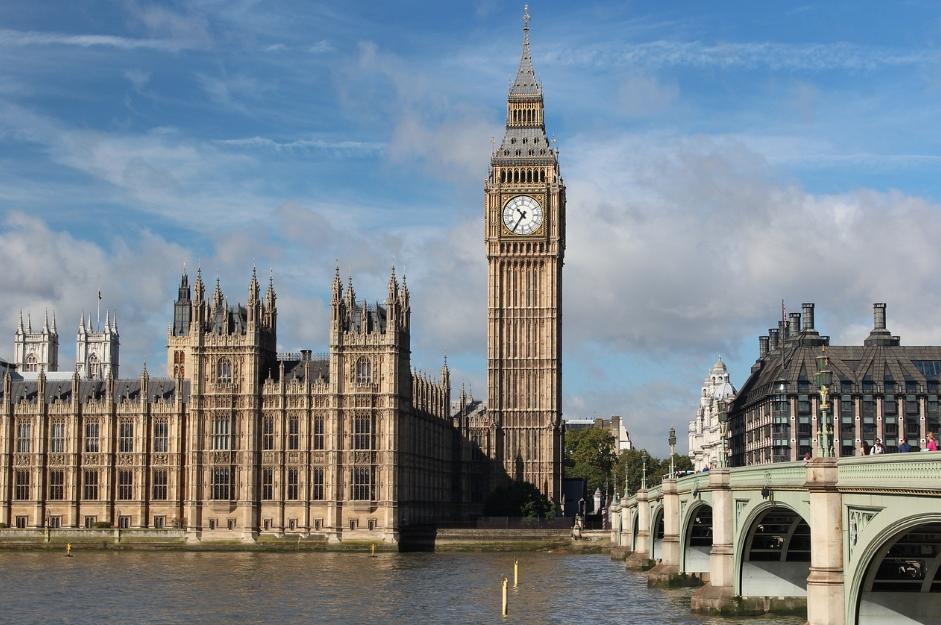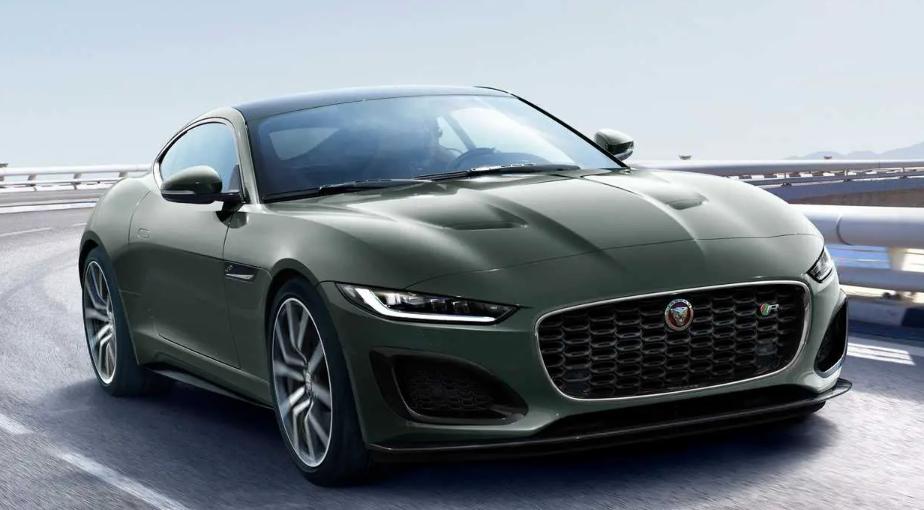The British government could try to benefit from rising electric car sales
Falling government revenues from car sales in the UK could prompt the introduction of electric vehicle (EV) taxes in 2023, according to a leading expert.
It has been announced that UK sales of electric cars have surpassed those of diesel models for the first time. This is partly due to global supply chain disruption and a fall in overall car sales as UK automakers continue to recover from the effects of the pandemic.
ManMohan Sodhi, a professor of operations and supply chain management at Bayes Business School, thinks these trends may not last long-term. He also points to possible government intervention in the form of taxes on e-vehicles or a slowdown in the planned expansion of charging stations.
“The government is getting less and less revenue from car sales,” Professor Sodhi said.
“Therefore, there is a real possibility that taxes will be levied on electric cars and at the same time the expansion of charging infrastructure will be slowed down in order to levy taxes on non-electric cars. Both would dampen future electric car sales, plug-in or not. However, true hybrids will not be affected.
We know that the number of new cars bought in the UK has been falling every year since 2020. The trend could reverse in 2023 as more cars become available as chip shortages ease.”
Electric car sales rose by more than a quarter to total over 16 percent of sales by 2022, while demand for diesel vehicles fell to less than 10 percent. However, the number of diesel vehicles sold could still be slightly higher as the price of a typical UK electric car can be 1.7 times that of a diesel vehicle.
According to Professor Sodhi, the number of people investing in electric or hybrid models should increase as competition leads to lower prices, although the lack of charging stations could continue to be a barrier for those looking to invest in a plug-in vehicle.
“Another trend is the move towards electric and hybrid cars, whether they are true hybrids or plug-in cars. The trend towards more electric cars will continue despite the charging restrictions – those who can charge will buy purely electric.
The 2:1 preference for true hybrids over plug-in vehicles suggests that charging, which is not required for true hybrids, is an obstacle for all plug-in vehicles.
I expect electric car prices to come down as technology improves and competition between manufacturers increases. Lower prices would benefit electric car sales, especially pure electric cars.”
Petrol remained the most popular option for UK buyers last year, accounting for more than half of sales. Hybrid models accounted for 11.6 percent of the market and plug-in hybrids accounted for 6.3 percent. While 2022 was the worst sales year for UK automakers since 1992, those percentages will change in 2023, says Professor Sodhi. In which direction is another question.
“With Britons set to buy more cars in 2023 and 2024, it’s anyone’s guess whether they will be pure electric or true/plug-in hybrids. Buyers remain attracted to electric cars but need to hedge against charging restrictions that remain in place.”


